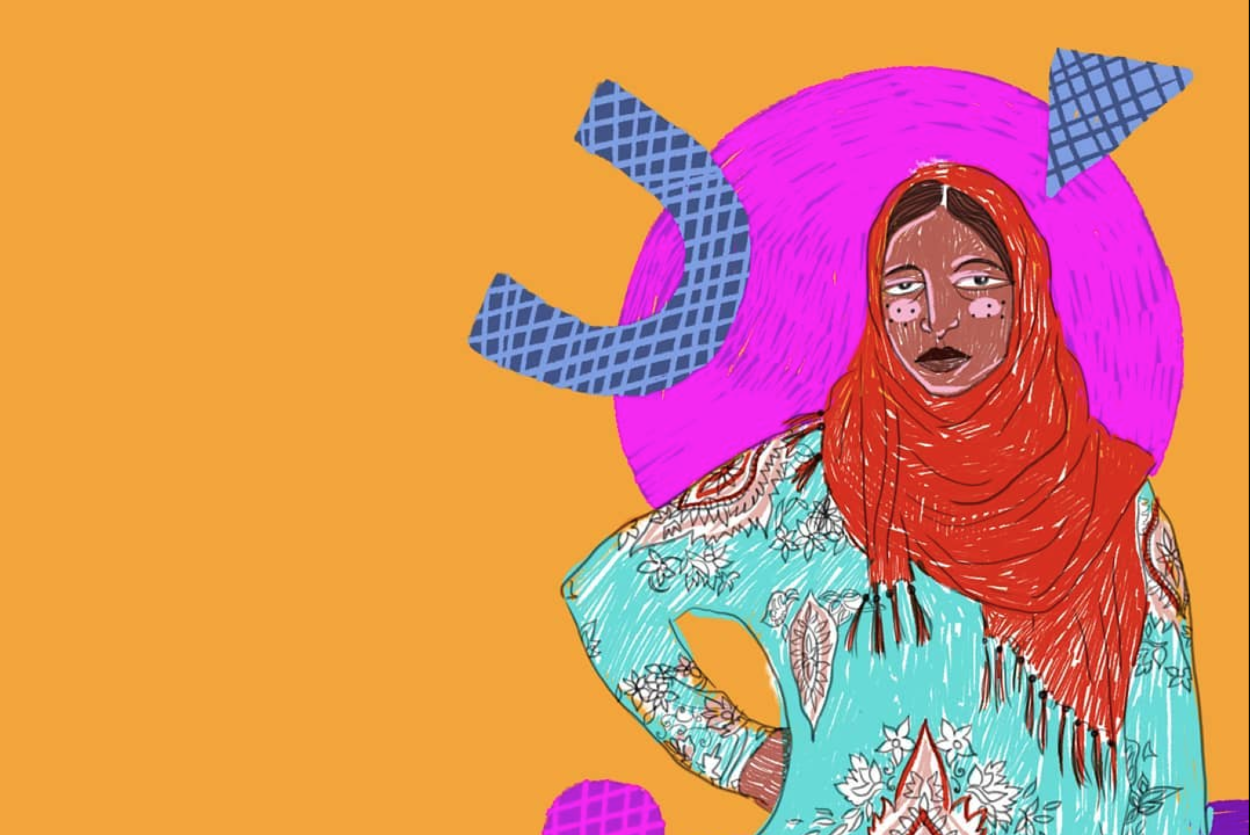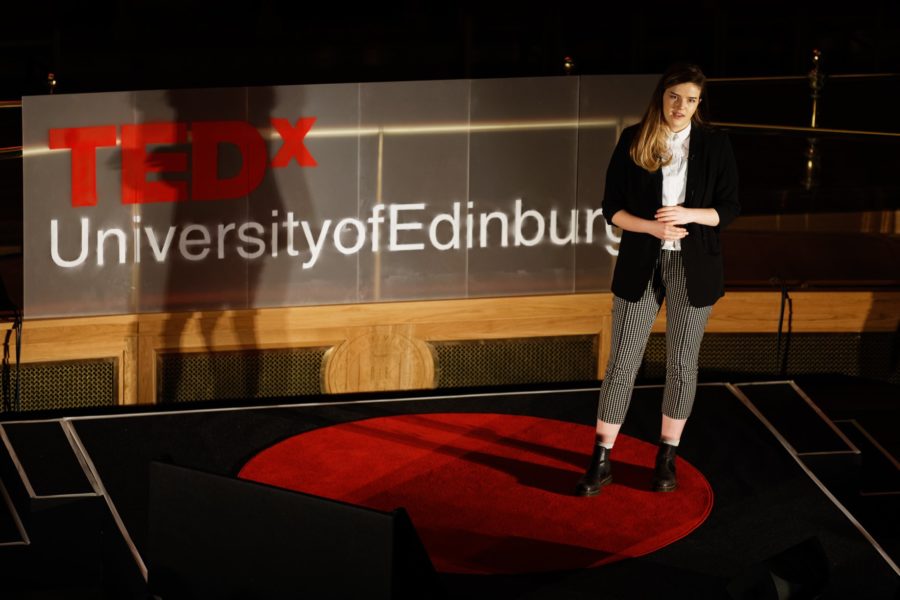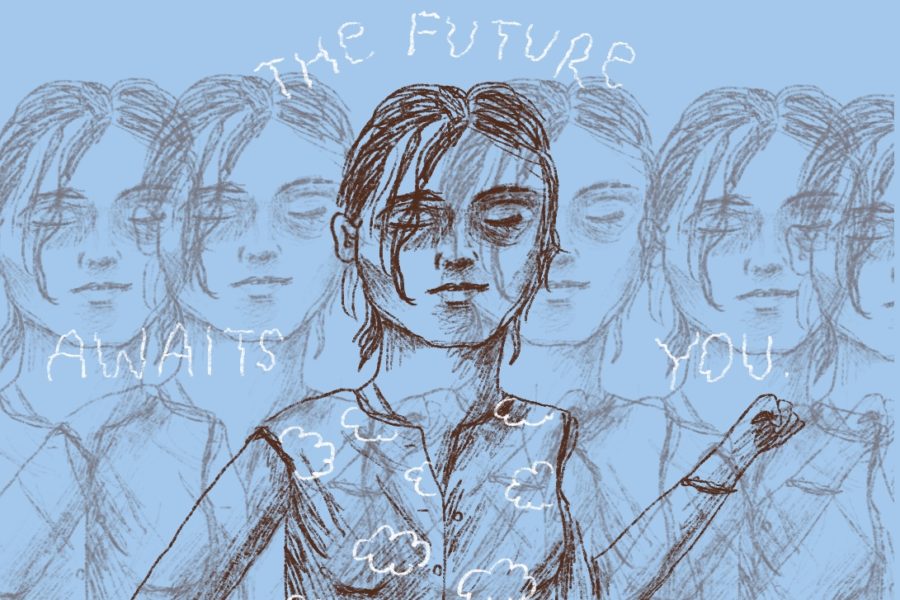In primary school, a boy once asked me, “Aren’t all brown people quiet?” I had no idea what to say, standing there in my oversized bottle green cardigan and kilt. I was eight years old. I mean, I knew I was quiet, but not because I wanted to be; in a predominantly white area, it was the best way to fit in, to survive the glares and stares I received day on end. At home, I was different. I would speak up about anything I could, and as soon as my friends got to know me, I would tell them stuff too. As I got older, I found my voice: first by writing, then by speaking. By the time I started my undergraduate degree, I had plenty to say.

Brown Women Aren’t Quiet
The path to finding my voice, however, was not easy. From being silenced by teachers to being constantly interrupted by people around me – whether it was classmates or male relatives – it is easy to see why it took me so long, like so many other women of colour, to speak up.
The ‘quiet brown girl’ stereotype stems from a number of different societal expectations of brown women. In the media, brown girls are frequently portrayed as people with little to no autonomy. We’re awkward, nerdy side characters, polite and compliant; we keep our heads down and we don’t question anything. Western media often likes to portray this as a problem that stems from the culture, religion or ethnic background of the brown girl, indulging in TV shows such as the BBC drama Murdered by My Father, where a young Pakistani woman wishes to marry her boyfriend only to be tragically killed in the end; or the Spanish TV drama Elite, which shows a Muslim girl ‘finding herself’ by taking off her hijab. In an American interview, Bollywood star Aishwarya Rai Bachchan was asked what women in India thought of American women, to which she answered “opinionated”. I don’t blame the actress for her answer as much as I blame Oprah Winfrey’s question, although to her credit she did acknowledge that Aishwarya Rai could not speak for all Indian women – you only need to attend a desi wedding and find an aunty to know that brown women are more than capable of having opinions.
While it is important to acknowledge that there are patriarchal norms in many cultures (Bollywood loves this trope too), the idea brown girls ‘have it better’ or ‘should be grateful’ for merely existing in a predominantly white space is one that is perpetuated by, and suits, white western society. It gives white women the upper hand in conversations surrounding feminism, to say things like “things are far worse in your country.”
What is even more concerning, though, is how the stereotype of the compliant, quiet brown woman aids the idea of brown people being one of the ‘model minorities’ in western society. This sort of compliance sees the advancement of conservative brown women such as Priti Patel, or Munira Mirza, a political advisor to Boris Johnson who has consistently denied the existence of structural racism in the UK. Of course, there are variations within this stereotype, such as non-Muslim brown women being seen as more ‘integrated’ into western society than Muslim women. As a result, entire minority communities are played against each other for the benefit of white western society – and women are at the forefront of this cruel battle.
The model minority stereotype hurts other marginalised communities too. The stereotype of the brown woman being quiet and compliant is often viewed more favourably alongside the stereotype of the ‘aggressive’ Black woman. This isn’t to say that brown women are not viewed as aggressive when they speak up; however, brown women are consistently viewed as ‘less threatening’ compared to Black women. It is vital that brown women acknowledge our privilege in this respect, and speak up not only for ourselves, but for women in the Black community too. Furthermore, cisgender brown women must speak up for transgender and non-binary people of colour too; for far too long, people in these communities have been seen as a threat to feminism, when it is in fact trans-exclusionary radical feminists (TERFS) that are one of our biggest threats to intersectional feminism.
Things are far worse in my country, you say? My country is Scotland, in the UK, where weeks ago a woman named Sarah Everard was abducted and killed by a police officer. If I were to answer that boy’s question today, I would say this. Brown people are not quiet, and nor are brown women. We’re angry. I’m angry. I’m angry that our Home Secretary is a sell-out to the Indian and South Asian community. I’m angry that white women think it’s okay to tell me that I’m ‘lucky to be here. I’m angry that my Muslim friends can’t go anywhere without being looked at like a threat. I’m angry that in 2021, brown women are being pitted against each other in a sick battle for the best model minority.
Brown women aren’t quiet. We’re loud. Bold. Opinionated.
We are here to stay.
Vaishnavi Ramu
Header image by (instagram): @vidushiy




Leave a Comment